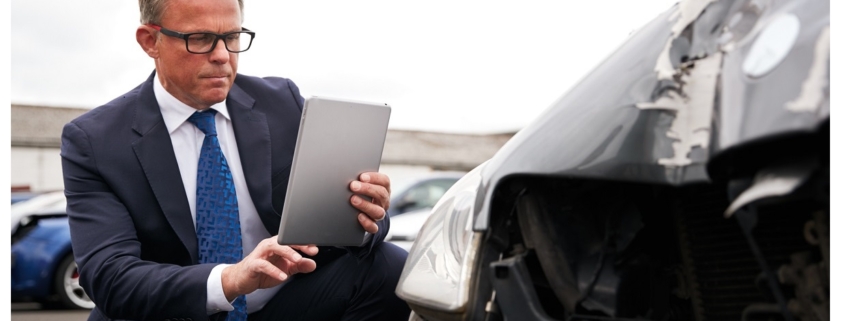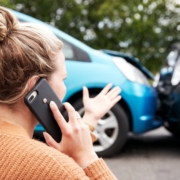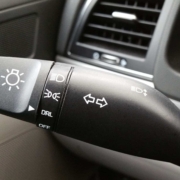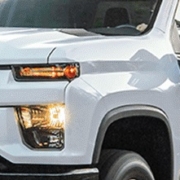How is Fault Determined in a Car Accident?
Before you can receive compensation for a car accident, the insurance companies involved have to determine who is at fault. This might seem like a straightforward process, especially if it is clear that the other party was at fault. However, the insurance companies have a lot of information to go through. And if the other driver knows they made a mistake, they may try to protect themselves and their insurance rates by spinning a different tale. It takes time to root out the truth.
Find out more about how car insurance companies determine fault in a crash and what it means for your personal injury claim. To discuss your claim in greater detail, call Haygood, Cleveland, Pierce, Thompson & Short at 334-821-3892.
General Rules
Some types of accidents are almost always the fault of one specific party, with few exceptions. If you’re involved in one of these, you’ll need significant evidence to prove that you are one of those exceptions. If you’re not the at-fault party, however, this can actually make it easier and faster to determine liability.
In a rear-end accident, the rear driver is nearly always the at-fault party. Drivers are supposed to leave a certain amount of distance between them and the vehicle in front of them, and if a rear-end accident occurs, it implies that the rear driver was following too closely.
If someone turns left and hits someone driving straight, the driver turning left is almost always liable. Even if the light is red and the other party runs the red light, the left-turn driver may be found to be at fault because they did not check that the intersection was clear before crossing.
The Police Report
The police report is a big part of most insurance company decisions. The police report includes the officer’s observations, both sides’ stories, and any citations given. This is often all of the evidence the insurance company needs to decide who is at fault. For that reason, it is crucial that your side of the story is included in the report. You do not want to let the other driver control the narrative.
Driver Testimony
After an accident, you are supposed to cooperate with your insurance company as they conduct their investigation. They will likely ask you what happened and attempt to get the other driver’s story as well. The other driver’s insurance company may also reach out to you to ask you what happened.
It is in your best interest to avoid direct communication with the other driver’s insurance company. While your insurance company is advocating for you, the other insurance provider is looking out for their client.
Beyond the drivers themselves, other eyewitnesses could be a helpful way of determining fault in a car accident. This may include passengers in both vehicles, although insurance companies may give less weight to these witnesses since they are likely to be biased. If someone stops at the scene of the accident to provide help or to tell you that they saw the accident, their testimony may be very helpful to your insurance company.
Physical Evidence
Any other evidence you can provide of the crash can be useful when it comes to liability. Pictures of the crash and damage to both vehicles are incredibly important. You may also want to get photos of skid marks or damage to public property. Try to capture road signs or other identifying features in your photos.
Car crashes can cause significant trauma and financial stress. With the help of an attorney, you can fight for the compensation you deserve and limit the fallout of the accident. Don’t be afraid to present the evidence you have and push back if the insurance company’s initial ruling is unfair.
Start Your Accident Claim with Haygood, Cleveland, Pierce, Thompson & Short
At Haygood, Cleveland, Pierce, Thompson & Short, we are committed to helping our clients get full and fair compensation after a crash. Whether you suffered broken bones, a traumatic brain injury, or another type of car crash injury, let us help you hold the other party accountable. Set up a consultation with our team now by contacting us online or calling us at 334-821-3892.













Leave a Reply
Want to join the discussion?Feel free to contribute!